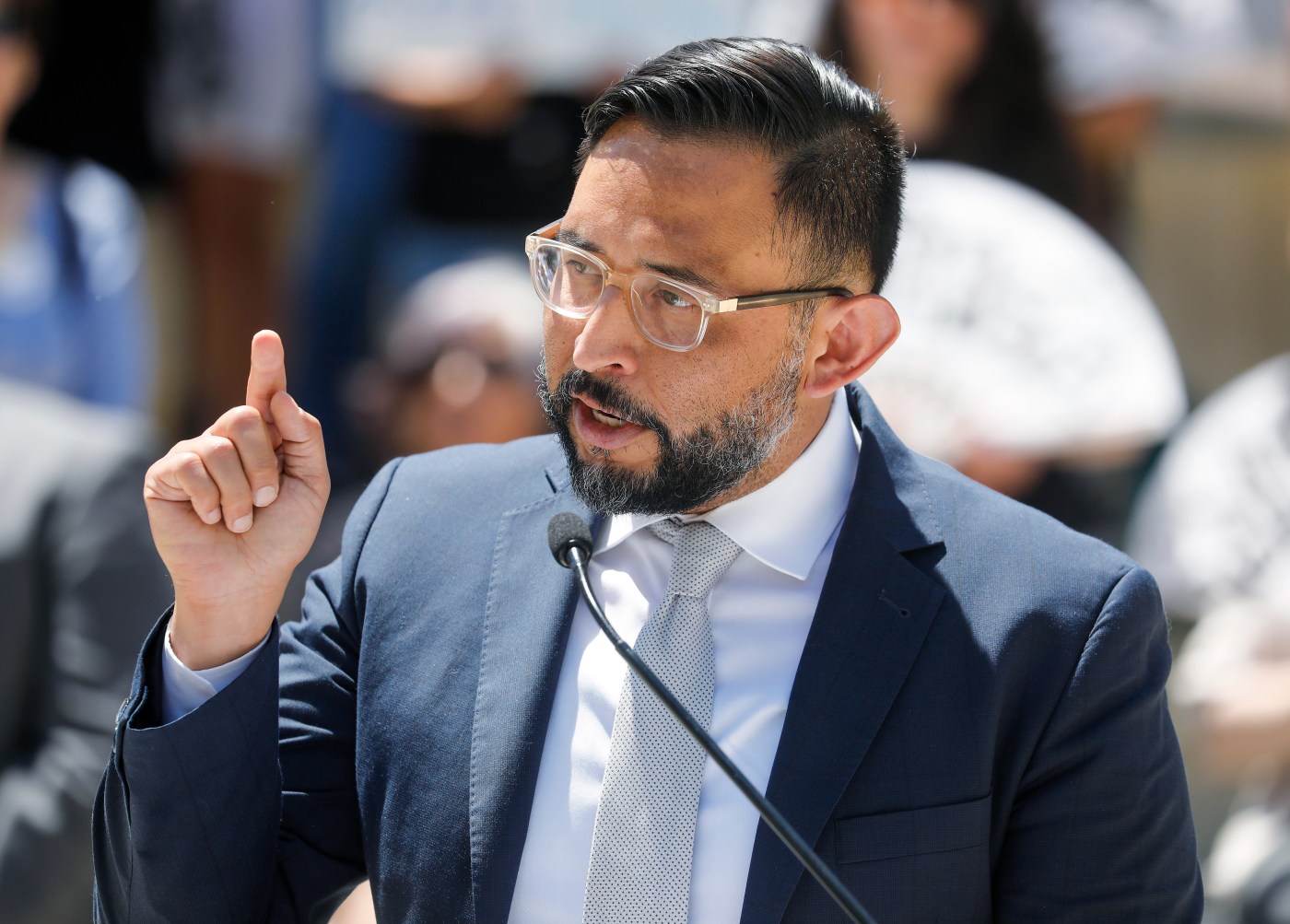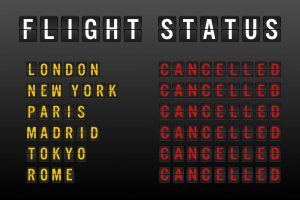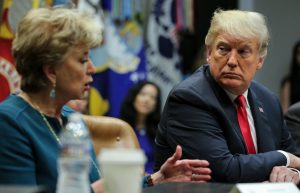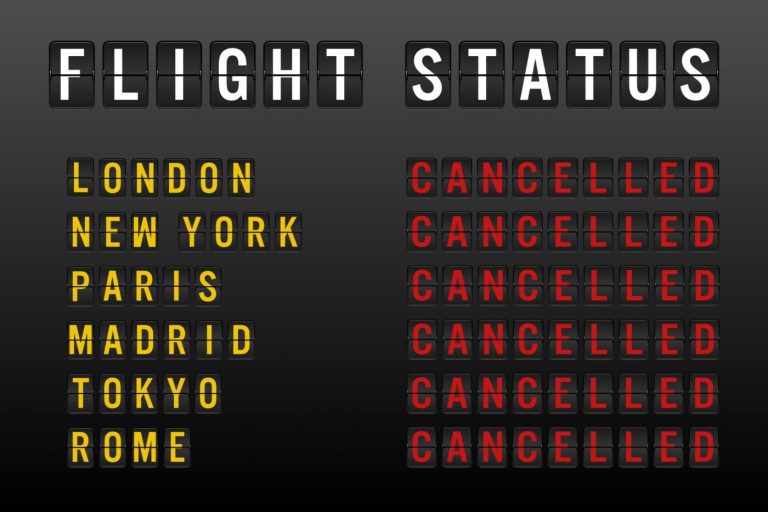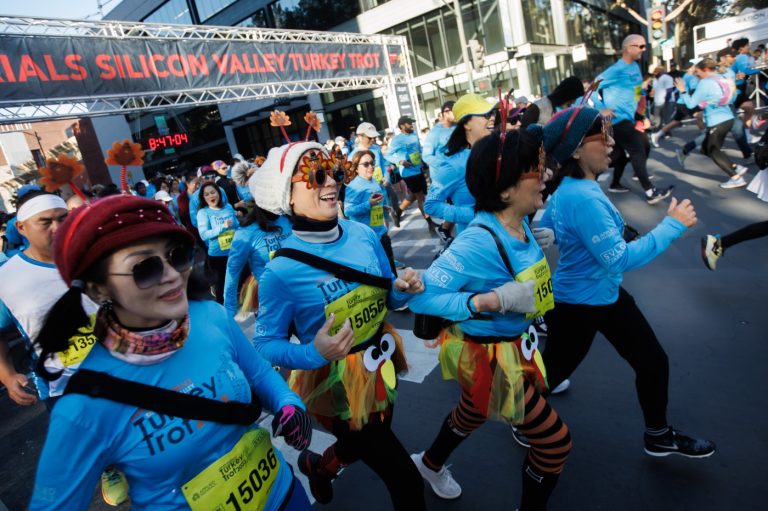The San Jose City Council will let District 3 residents hold a special election and have a say in choosing their next representative following the resignation of disgraced Councilmember Omar Torres.
With no possibility of certifying the results until at least the Summer, the Council will also make an interim appointment after the election filing deadline to ensure that anyone who runs for office does not have an advantage as the incumbent.
“I think that there’s really no substitute for the kind of vetting that you get in an open and competitive election where people have to go out and knock on those doors, attend all those neighborhood meetings and subject themselves to the questions and feedback of the residents of the district who really should be choosing who represents them,” San Jose Mayor Matt Mahan said.
Torres submitted his resignation effective Nov. 27, following his arrest this month on three felony counts of child molestation involving sodomy and oral copulation by force and lewd and lascivious acts with a minor under the age of 14.
The charges against the soon-to-be former District 3 representative are separate from an active criminal probe for sexual misconduct involving minors that came to light in October, prompting the city’s elected leaders, the police union, prominent political organizations and residents to call for ouster.
Torres had proclaimed his innocence and bucked calls to resign — including in response to the launch of a recall campaign — until police arrested him on Nov. 5.
Over the past two weeks, city officials grappled with filling the vacancy through an appointment or special election.
The City Council has opted more often than not to fill vacancies via a special election. However, there have been a few instances where the city has opted for only an appointment or a combination of both.
Following the 1994 recall of Kathryn Cole, who refused to resign for making racially insensitive remarks, the City Council appointed Alice Woody.
In 2014, the City Council appointed Margie Mathews in an interim capacity to replace then-District 4 Councilmember Kansen Chu, who had been elected to the California State Assembly, until the city could hold a special election.
Matthews, who sat on the City Council between 1993 and 2000, chose to volunteer without pay and pledged not to run for the vacant seat. At the time, then-City Attorney Rick Doyle noted that declarations of skipping future elections were not legally enforceable.
Two years ago, the City Council voted to fill the District 8 and 10 vacancies through appointments primarily because of the budgetary impacts despite an overwhelming majority of residents favoring an election.
However, since Torres tendered his resignation, a majority of residents have expressed their desire to go through the democratic process. This process continued Tuesday, with neighborhood leaders and business groups imploring the city to let them pick their representative.
“This path forward may cost the city more, but it does offer a fair and democratic process that allows residents to have their voices heard,” said Kat Angelov, a policy consultant at the San Jose Chamber of Commerce. “If the special election is the chosen path by Council, the Chamber believes a public statement of non-candidacy should be included in the basis for viewing those interested in the council seat. This would attract individuals that have a genuine commitment to serving District 3. Further, the Chamber urges you to wait until January 2025 to make any interim appointments, as this timeline would ensure that there’s a robust focus on community engagement and participation in the process.”
San Jose Downtown Association CEO Alex Stettinski said that regardless of the Council’s chosen method, the district needed representation now.
“We need someone who understands our downtown community, including our property owners, small businesses and residents, and someone who’s fully familiar with and supportive of the mayor’s four focus areas when it comes to downtown’s revitalization,” Stettinksi said. “The representative should not be polarizing, as the community needs someone who can lead the charge united and go find a path of healing and recovery for our downtown.”
City Clerk Toni Taber said the earliest the city could hold an election is April 8, with the possibility of certifying the results in July should any candidates receive more than 50% of the vote. The city must hold a runoff election if the 50% threshold is not reached in the primary.
The City Council will continue to discuss the process, including how it will make an interim appointment, at its Dec. 3 meeting.
While a majority of residents and the City Council supported a special election, a few concerns were raised about how the city will handle constituent services in the interim period, and whether an election would actually better serve residents.
During Torres’ absence from the City Council, the mayor’s office has stepped in to help the District 3 office with services. But complicating the matter is that Mahan’s deputy chief, Matthew Quevedo, had played a part in the recall campaign and could be interested in serving — presenting a potential conflict of interest.
Holding a special election is also a costly endeavor that has proven to have low voter turnout.
District 4 Councilmember David Cohen noted that whomever wins the special election would also have little turn around time before having to campaign again for the 2026 election.
“My concern is given the amount of money we’re going to spend on this — which you know, if we’re in a vacuum in terms of whether it’s election or not, may not be too much, but that outcome is not necessarily better serving the residents of District 3,” Cohen said.
According to estimates from the Santa Clara County Registrar of Voters, a special election could cost between $2 million and $3.26 million.
City Manager Jennifer Maguire said the city would first look for savings in other departments to fund the election, but could also tap into the budget stabilization fund, which the city maintains for unforeseen expenditures. The city’s reserve currently has about $61 million.
Related Articles
Letters: Gaetz report | Climate gains | Political literacy | Traditional courtesies | RFK Jr.
San Jose experiments with program to tackle oversized, lived-in vehicle challenges
The next San Jose City Council is beginning to take shape
Advocacy groups call on San Jose to secure service commitments ahead of proposed changes to Good Samaritan Hospital
San Jose: Judge denies bail for Omar Torres in molestation case
District 2 Councilmember Sergio Jimenez, who voted against the special election along with Cohen, also listed several projects the city could fund by going through the appointment process.
“I don’t think the amount of money spent is trivial,” Jimenez said. “I think given the Trump administration and the potential lack of cooperation of the federal government … budget deficits at the state level, and obviously the budget forecast here in the city, I think, require us to certainly think about District 3 residents, but also use a broader sort of analysis as to whether this is the best approach for the city.”
